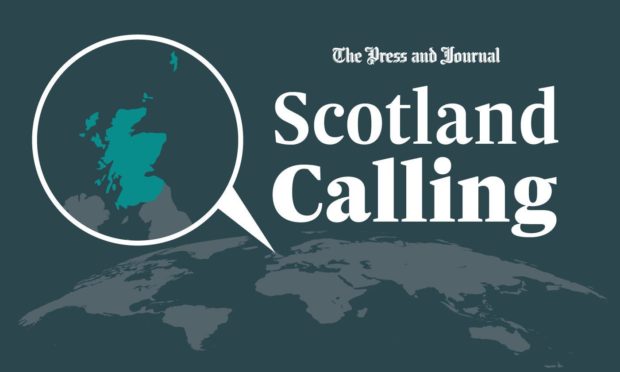Our weekly look at international news from a Scottish perspective, Scotland’s place in the world, and stories about people who make our communities their home.
Ferrero Rocher? Non, merci! Meet the foreign diplomats at home in Scotland
From grand mansions in Edinburgh to a petrol station in Stornoway, you can find diplomatic representatives of foreign governments the length and breadth of Scotland.
Far from the myth that diplomatic life is an endless whirl of cocktail parties and silver platters piled high with nutty chocolates (“Monsieur, with these Ferrero Rocher you are really spoiling us!”) the diplomats who ply their trade in Scotland have a varied existence.
Our story introduces you to the Irish Consul General and the Estonian Honorary Consul in Edinburgh, and looks at the quirky locations around the country where you can find mini diplomatic missions: from Cupar and Blairgowrie to Wick and Kirkwall.
Read more here or explore our interactive maps of diplomatic missions in Scotland.

Scottish Government accused of ‘lagging behind’ on digital vaccine passports
Scots are facing barriers proving their vaccination status in some parts of Europe as the country lags behind developing its own digital app.
As Adele Merson reports, travellers from Scotland can currently only get paper confirmation of their vaccination status, while England & Wales have a digital version with a QR code on their NHS app. And this could be a real problem in some countries, especially France, which are tightening up the digital procedures with more proof required of double vaccination to get into bars, restaurants and even tourist attractions.
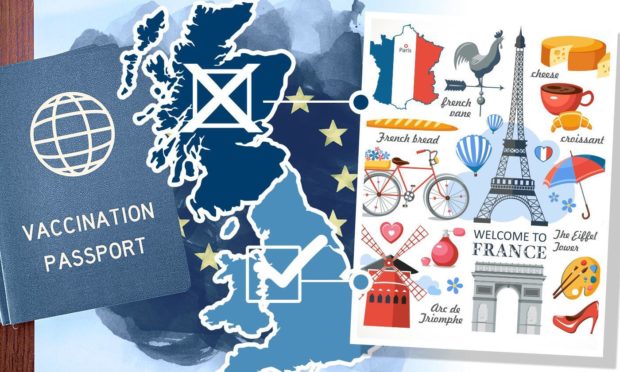
‘Deeply concerning’: Brexit blamed for plummeting EU student numbers applying to Scottish universities
A dramatic drop in the number of EU students applying to study in Scotland in the past year has been branded “deeply concerning”, with Brexit getting the blame.
As Rachel Amery reports, according to statistics from UCAS, the admissions service, the percentage of students living in other European countries who applied to study at a Scottish university dropped by 56% from 2020 to 2021.
Britain’s departure from the European Union – Brexit – which comes with new tuition fees, is being blamed.

Greens secure expansion for Scotland’s external affairs footprint in SNP coalition talks
The Scottish Greens have secured an expansion for the international network of Scotland House hubs as part of an increased external affairs presence, in coalition negotiations with the SNP, we understand.
There are currently eight Scotland House hubs around the world and the Greens have plans for half a dozen more. It looks like they’ve secured agreement to open up the first new office in the Polish capital Warsaw – even as the Scottish Government moves ahead with their own plans to open a hub in Copenhagen, Denmark.
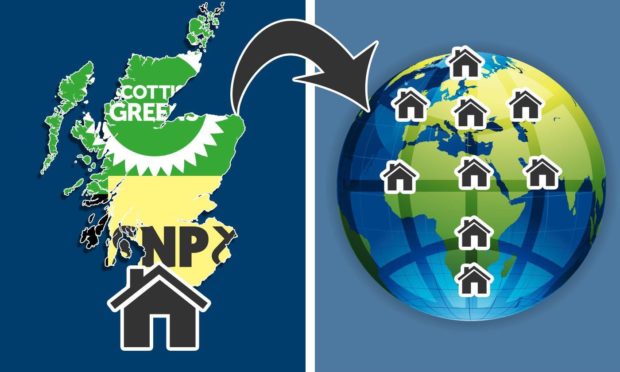
Donald Trump: Court grants permission to seek review of ‘unexplained wealth order’ decision linked to Scottish golf purchases
Scotland’s highest civil court this week ruled to allow a review of the SNP Government’s decision to knock back calls for a so-called McMafia probe into Donald Trump’s wealth.
As Andy Philip reports, the ex US President has two courses in Scotland – his first purchase at the Menie Estate on the Aberdeenshire coast and second at Turnberry in Ayrshire.
Scottish Greens had demanded First Minister Nicola Sturgeon uses an Unexplained Wealth Order to get to the bottom of where his money came from. But Ms Sturgeon rejected the call earlier this year, prompting a US-based human rights group, Avaaz, to seek a legal challenge.
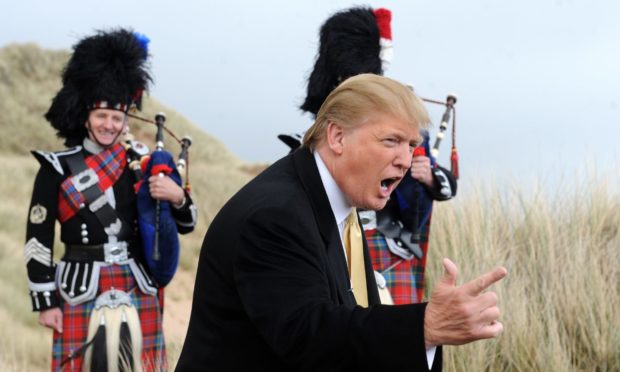
Kiwi politics: What does a New Zealand-style coalition look like, and how could it work for the SNP and Greens?
Nicola Sturgeon’s SNP are at the end stage of talks to form a partnership with the Scottish Greens which would see a pro-independence majority government.
It’s a deal that’s being called a ‘New Zealand-style coalition’ but what does that mean? We talked with Dr Lara Greaves, a political scientist at the University of Auckland who explains how things work in Aotearoa.
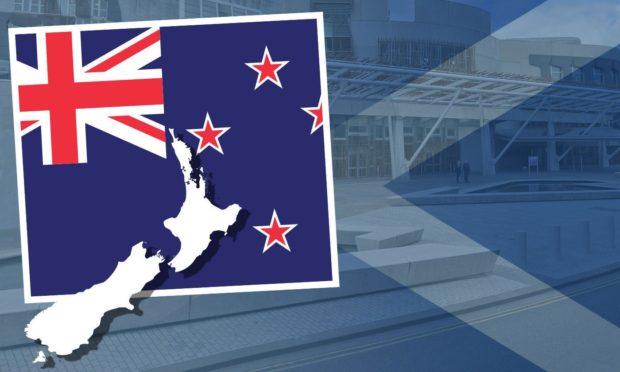
Could 2-minute ‘brain breaks’ and LESS planning help Scottish schools catch up with Finland?
Why does the Finnish education system, in a country with an identical population to Scotland, consistently produce higher achieving school pupils?
Teachers need more autonomy, less class planning, and more respect for their profession.
And pupils should start school later, get more breaks, and have less focus on assessment.
Those are some of the ideas the Press & Journal heard after speaking to Finnish parents and educationalists living in north and north-east Scotland.
We also spoke to Finland’s minister for education, Li Andersson, to see what lessons can be learned.
Read the full story and watch our video interview here.

